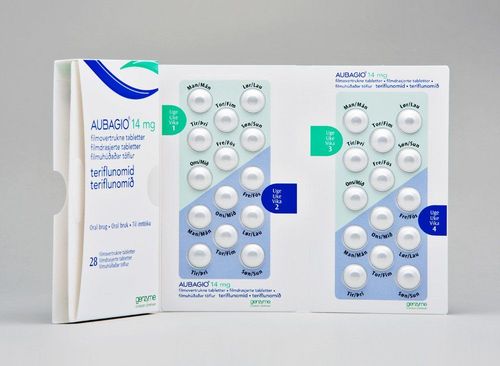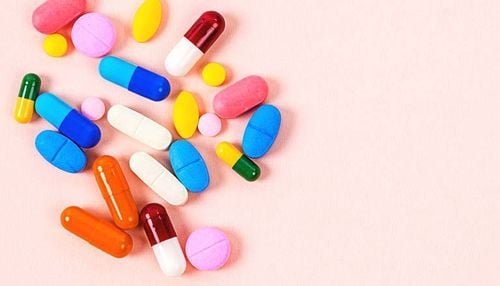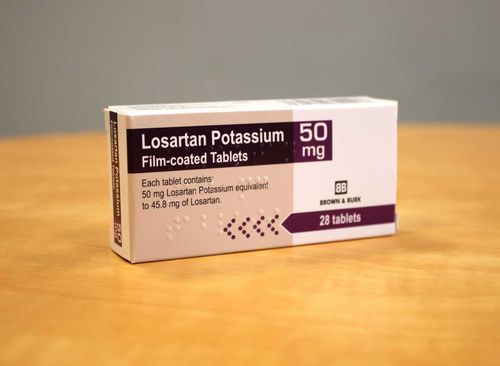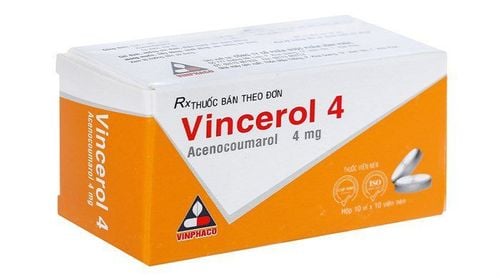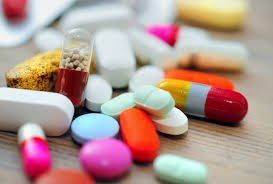This is an automatically translated article.
Elderly people need a reasonable nutritional diet to prevent diseases. But sometimes they forget to eat and drink water, making their health even worse. Therefore, family members need to pay attention to and take care of the elderly so that they have good health.
1. What is nutrition and why is it important for older adults?
Nutrition is eating a healthy and balanced diet so that the body gets the nutrients it needs. Nutrients are substances found in food that our bodies need to function and grow. These include carbohydrates, fats, proteins, vitamins, minerals, and water.
Good nutrition is important, no matter what age you are. It gives you energy and can help you control your weight. It may also help prevent certain diseases, such as osteoporosis, high blood pressure, heart disease, type 2 diabetes, and some cancers.
But as you age, your body and life change, and so does what you need to stay healthy. For example, you may need fewer calories, but you still need to get enough nutrients. Some older people need more protein.
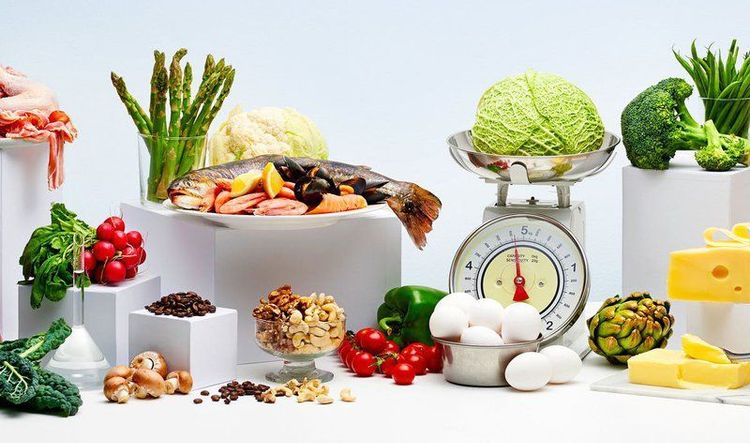
Dinh dưỡng là ăn một chế độ ăn uống lành mạnh và cân bằng để cơ thể nhận được các chất dinh dưỡng cần thiết.
2. What might make it difficult for me to eat healthy as I get older?
Some of the changes that can happen as you age can make it harder to eat healthy. These include changes such as:
Getting around is more difficult or family life changes, such as suddenly living alone. Declining health can make it difficult to cook or feed yourself. Medicines can change the taste of food, dry out your mouth, or make you lose your appetite. Income, which means you may not have much money for food. Smell and taste change. Problems chewing or swallowing your food.
3. How should the elderly eat?
To stay healthy as you age, you should:
Eat foods that give you lots of nutrients without many calories, such as:
Fruits and vegetables (choose brightly colored varieties). Cereals, oatmeal, bread, brown rice. Fat-free or low-fat milk and cheese, soy or rice milk with added vitamin D and calcium. Eat seafood such as crabs, crabs, fish, ..., lean meat. Beans and nuts. Avoid empty calories: These are foods that are high in calories but low in nutrients like chips, candy, baked goods, soda, alcohol.
Choose foods low in cholesterol and fat: You especially want to avoid saturated fats and trans fats. Saturated fats are usually fats of animal origin. Trans fats are the processed fats found in margarine bars and margarine. You can find them in some baked goods and fried foods bought at some fast food restaurants.
Drink enough fluids to stay hydrated: Some people lose their sense of thirst as they age. And some of the medications they take as they age can make it much more important to drink plenty of water.
Physical activity: If you start to lose your appetite, exercise can help you feel hungrier.
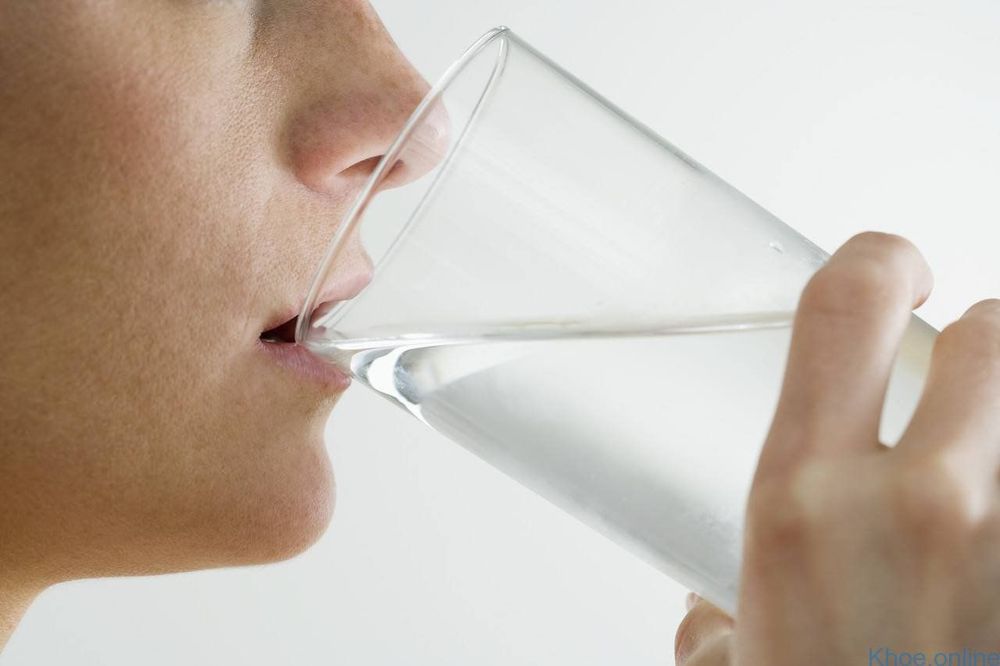
Việc cung cấp đủ nước cho cơ thể khi về già là cực kỳ quan trọng.
4. Nutrition for the elderly
4.1. Eat foods high in fiber
Seniors who no longer lead an active lifestyle often suffer from constipation and other digestive disorders. By making sure meals have the right amount of fiber, food moves through the system more easily. Not eating enough fiber can also lead to gastrointestinal cancer. Fresh fruits and vegetables, whole grains, and nuts are all great options to increase fiber consumption.
Family caregivers should focus on daily nutrition to strengthen their loved one's physical health. Families who find it difficult to care for their elderly loved one without assistance can greatly benefit from professional respite care.
4.2. Protein
Despite getting older, the elderly need to ensure that they provide enough protein in their diet. Protein is needed for a number of functions, such as cell replication, growth, and repair. Iron derived from meat is also needed to prevent anemia. Great options for protein include lean meats like chicken, turkey, and fish. Should limit eating red meat because fat and iron content is too rich. Other options include beans, legumes, nuts, and low-fat or fat-free dairy products.
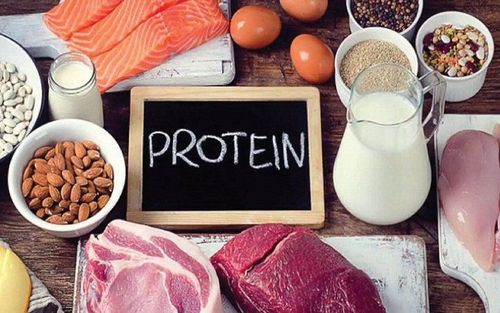
Protein rất cần thiết cho một số chức năng của cơ thể.
4.3. Calcium
Older adults need to be mindful of their calcium intake to keep their bones healthy, otherwise they may be prone to osteoporosis. When the body doesn't get enough calcium, it takes calcium from the bones and teeth. Brittle bones increase the risk of fractures. Good sources of calcium include dairy products that also provide vitamin D. Cabbage, kale, spinach, figs, tofu, and fortified juices are other options.
4.4. Vitamin B
Many seniors are deficient in vitamin B, which is needed to protect fragile peripheral nerve tissue. B vitamins are also needed for ongoing cognitive health. B12 deficiency has been linked to the development of dementia-like symptoms and memory loss. Lean meats, dairy products, eggs, fish and fresh produce all provide B vitamins.4.5. Vitamin A
Vitamin A is needed to prevent vision loss. As adults, they can develop many vision problems, such as night blindness and farsightedness. Yellow and orange fruits and vegetables are rich in Vitamin A.
Please dial HOTLINE for more information or register for an appointment HERE. Download MyVinmec app to make appointments faster and to manage your bookings easily.




